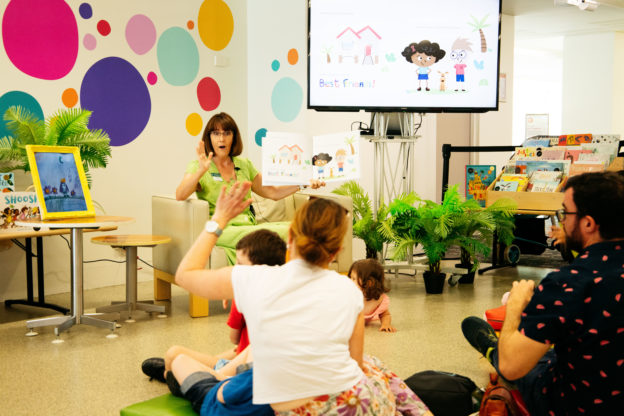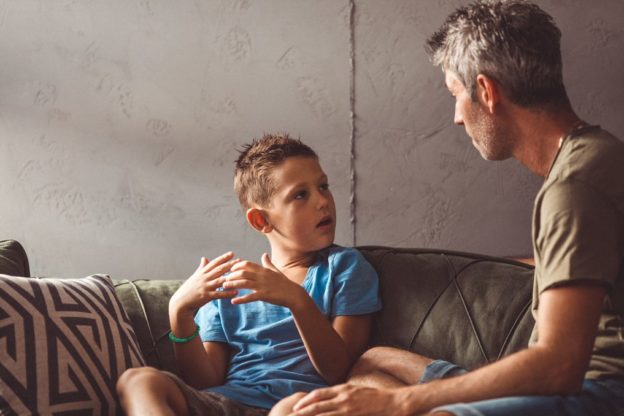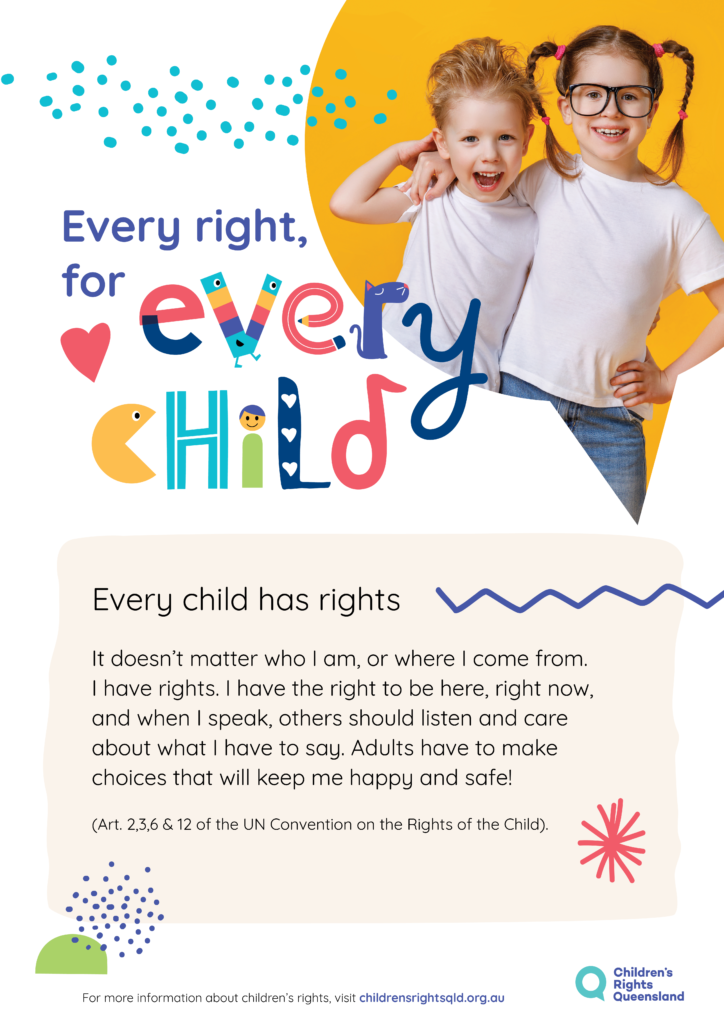Protecting the privacy of young people
Privacy is a fundamental part of our lives as human beings, and it’s something that affects and guides our decisions every single day. It encourages freedom of thought without worry of discrimination or judgement, and allows us to be ourselves and choose what people know about our lives.
Having our privacy breached can be an incredibly negative experience. It can affect our relationship with the world, make us feel unsafe, and ultimately – it can violate our trust.
Unfortunately, children are at much greater risk of having a negative privacy experience. Depending on the adults around them, their individual living situations, and more time spent online, they are particularly vulnerable to experiencing a breach of their privacy.
Thankfully, the UNCRC entitles all children to special privacy rights that are designed to keep them safe.
What is Article 16 of the UNCRC and how does it keep children safe?
Article 16 of the United Nations Convention on the Right of the Child clearly outlines the importance of privacy and how it keeps children safe.
It states:
1. No child shall be subjected to arbitrary or unlawful interference with his or her privacy, family, home or correspondence, nor to unlawful attacks on his or her honour and reputation.
2. The child has the right to the protection of the law against such interference or attacks.
This means that children have the right to:
- their own private family life
- a private space to be by themselves
- healthcare confidentiality
- private personal information at school
- keep their phone calls and emails private
In Australia, these rights are enshrined in law through The Privacy Act 1988 (Privacy Act), which protects an individual’s personal information regardless of their age.
This law outlines the importance of respecting confidentiality and the protection of personal data – something of significant importance when considering the safety of children.
This mandated Act allows young people to keep their personal information just that – personal. And any information that a child discloses is kept confidential. Be it medical conditions, place of residence, date of birth or simply their name, this information will always stay in the right hands and not put them in danger.
Children’s privacy in the digital age
The rise of the digital age and inclusion of advanced information technologies at home and the classroom has made children’s online privacy an issue that can’t be ignored.
Policymakers, educators, parents and carers have shown growing concern with the gaps and in how to keep children safe online. With potential threats from paedophiles, cyber-bullies and in-app data collectors, there’s never been a more complex time for young people’s privacy.
And although the thought of children navigating the digital age can be a scary and complex one, there are ways in which you can help protect their privacy when interacting online.
The United Nations Children’s Rights Committee recently published guidance for protecting children’s rights in digital environments. Within this document, they emphasised that those rights of children must be respected, protected and fulfilled in the digital environment. The committee recognised that being able to access trustworthy, meaningful resources is essential to supporting children to realise their full range of civil, political, cultural, economic and social rights. “If such technologies are available only for some children and not others, it will lead to greater inequalities and affect their opportunities for the future,” said Luis Pedernera, Chair of the Committee.
The committee also recognised the importance of protecting privacy and personal data, including that collecting data for targeted advertising and product promotion should be restricted from promoting products and services to children.
Have a chat
Striking up a conversation about how protecting their personal information can protect their privacy is a great starting point towards keeping children safe online.
Discuss what they share
We all love to share things on the internet. Unfortunately, once it’s up, it’s hard to take down. Learning to be aware of our digital footprint will keep children from giving out their details to the wrong people.
Develop strong password practices
Learning to use strong, unique passwords for different accounts will ensure outside interferers can’t access private personal information.
Encourage safe and smart device use
Teaching children to always use a pin code and be careful of what they store on their mobile devices will stop others from accidentally (or deliberately) accessing personal data and information.
Pay attention to privacy settings
It can be easy to disregard a website or app’s privacy settings. Learning to adjust these settings can help children to limit the amount of information they provide (if any) as well as grow their understanding of terms and conditions that may generally go under the radar.
Talk about online advertising
Ads are everywhere online. This is no more evident than in apps and games. Children need to be aware of targeted advertising, potential scams and data collection.
Australia has also appointed an eSafety Commissioner, highlighting the need for improved and ongoing change in government policy. So from the very top of government to the family home, it’s essential that we maintain these standards and practices, ensuring a safer and more private online experience for children.

How can we respect the privacy of young people?
As children grow up, the need for more privacy and greater independence is completely natural. As adults, it’s also natural to want to know if our children are safe and if they need help with aspects of their lives.
It’s a balancing act that can prove quite difficult.
With too little monitoring, young people won’t have enough support to make informed decisions about their own safety and practices. Too much monitoring and there could be a breakdown in trust.
So how can we respect the privacy of young people while at the same time, offer the right support to help them understand their basic right to privacy and all that comes with it?
Here are a few ways we can respect privacy and support children.
- discuss privacy boundaries
- set up expectations for
- knock before entering their room
- ask before looking getting things out of school bag
- get to know their friends and build trust
- give them space when they need it
- avoid constantly contacting them when they’re not at home
- simply be aware of their reading and viewing habits
All of these practical tips are based on one thing – honest and open communication. Without trust, young people will never feel that they have their own privacy – or their own lives – so taking a step back is often the best thing we can do.
Over to you
Maintaining our privacy gives us all greater personal autonomy and control over what people know about us. And for the most vulnerable in our society – children and young people – having their privacy breached can negatively shape their worldview. It can foster distrust and animosity to those who don’t respect their privacy boundaries and independence.
On the other hand, supporting greater privacy practices and respecting boundaries will allow children to safely navigate homelife, school and the online world with confidence and trust well into adulthood – and that benefits all of us.
If you liked this article, please share.
References:
https://www.ohchr.org/en/professionalinterest/pages/crc.aspx
https://www.nalandaschool.org/why-and-how-to-respect-childs-privacy













